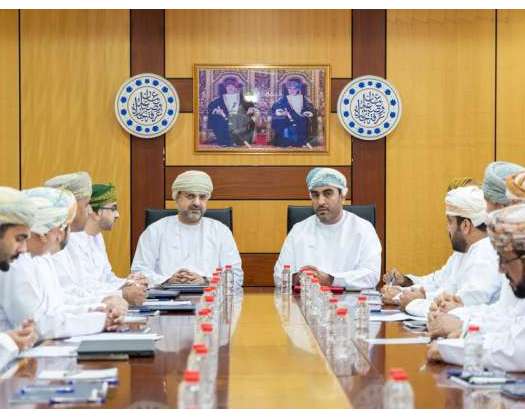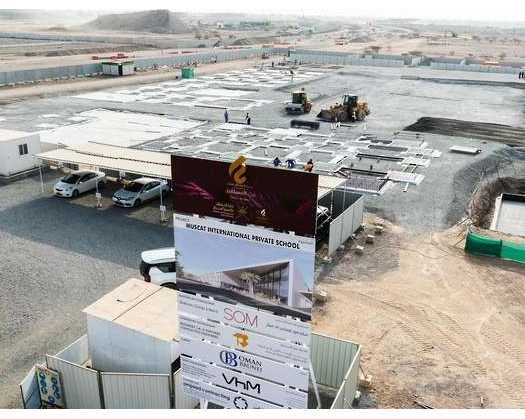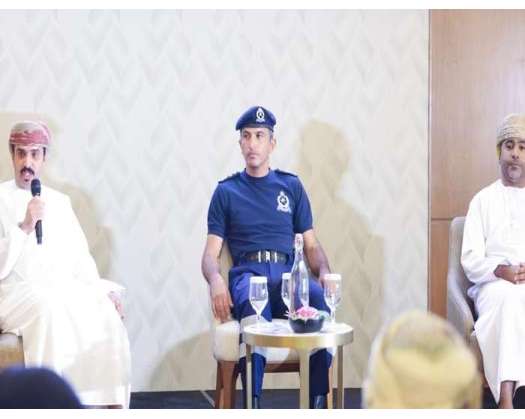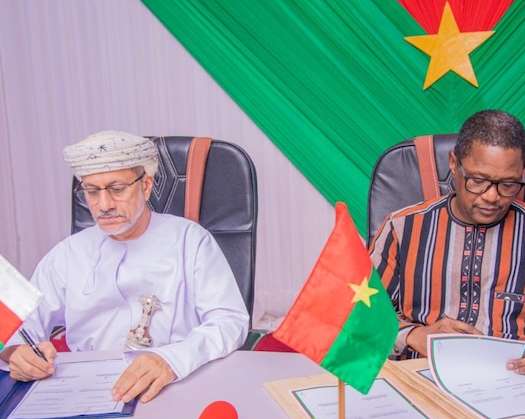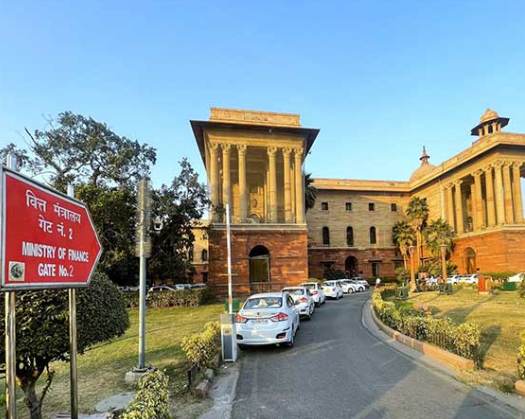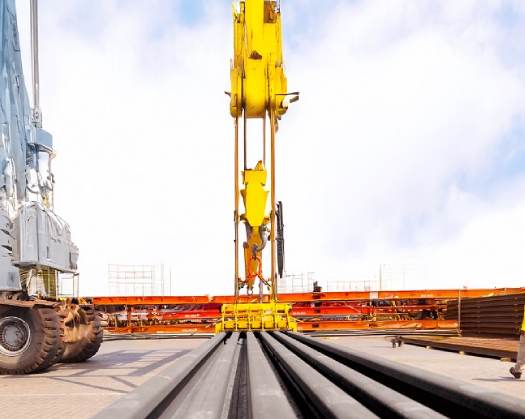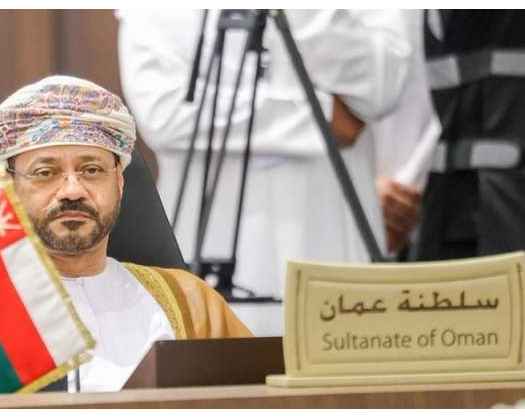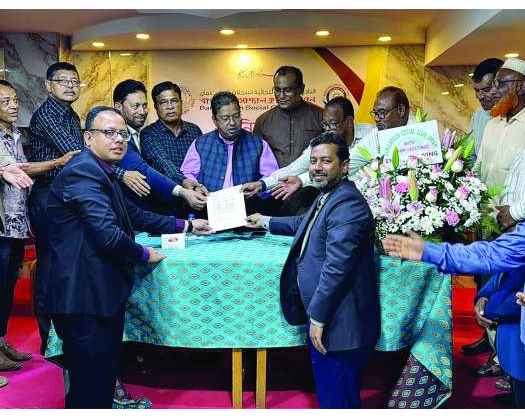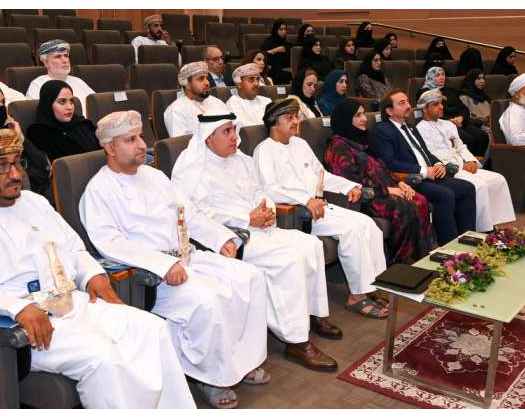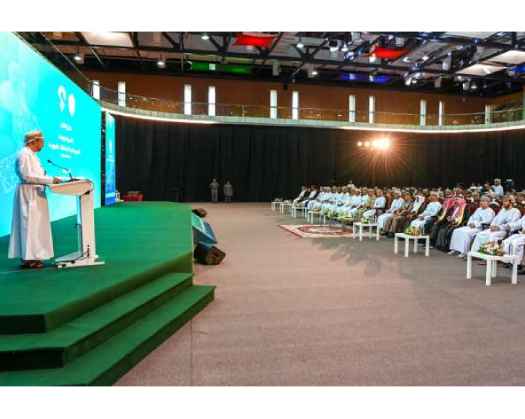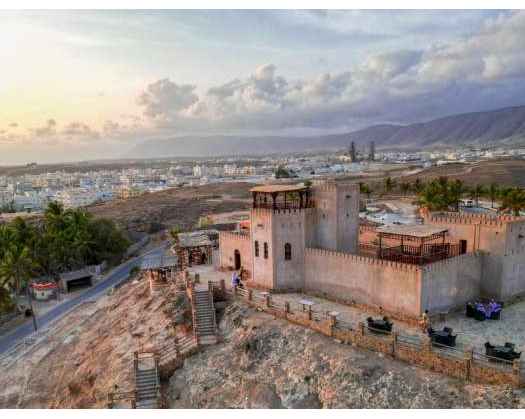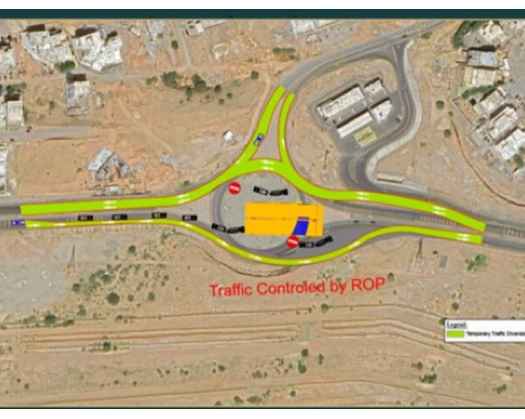Sohar: By the end of 2024, the total value of loans for projects financed by the Development Bank in the North Al Batinah Governorate reached OMR3737 million, representing 13 percent of the bank's overall loan portfolio.
The Development Bank has financed a total of 3,016 loans in North Al Batinah, which accounts for 14 percent of its total loan count.
The bank prioritizes financing projects that leverage the unique advantages of the North Al Batinah Governorate.
In terms of the value of the bank’s lending portfolio, the converting industries sector received the largest share, amounting to OMR13,191,051 across 647 loans. This was followed by the tourism sector with OMR6,056,602 for 265 loans, the services sector with OMR5,596,875 for 651 loans, the fisheries sector with OMR3,980,964 for 916 loans, the education sector with OMR3,243,636 for 76 loans, the agriculture and livestock sector with OMR3,185,224 for 431 loans, and the health sector with OMR2,124,141 for 30 loans.
To facilitate developmental financing for economic initiatives in North Al Batinah, a meeting was convened by the Development Bank in collaboration with the Oman Chamber of Commerce and Industry (OCCI).
The meeting was led by Mahmoud Abdullah Al Owaini, Secretary General of the Ministry of Finance and Chairman of the Development Bank's Board of Directors, alongside Eng. Said Ali Al Abri, Chairman of the OCCI’s North Al Batinah Governorate Branch. Attendees included Hussein Ali Al Lawati, CEO of the Development Bank, board members, and committee heads.
The meeting focused on the bank's development financing for productive and service-oriented economic initiatives, which included subsidized interest rates, incentives, and qualitative benefits related to the repayment process. These discussions were framed within the broader goal of boosting investments in Omani governorates and supporting small and medium enterprises (SMEs) as well as entrepreneurship.
During the meeting, the bank delivered a visual presentation that outlined recent updates in development financing. This presentation covered the lending process and its allocation across various economic sectors.
Additionally, the presentation addressed the sustainable economic benefits of projects financed through development initiatives, such as promoting Omanisation and self-employment policies, achieving self-sufficiency in numerous products, and facilitating exports. It also examined the challenges encountered by these funded projects and proposed strategies for overcoming these obstacles.

